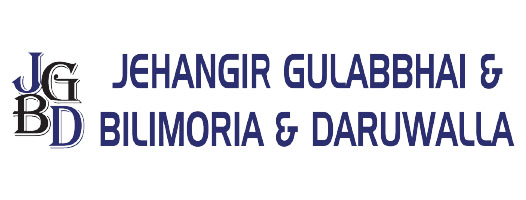THE AI CONUNDRUM
THE AI CONUNDRUM
The European Patent Office(EPO) on 27.01.2020 issued decisions refusing two patent applications EP18275163.6 and EP18275174.3 for designating an artificial intelligence(AI) machine named DABUS as inventor, on the grounds that such designation did not meet the formal requirements under the European Patent Convention(EPC) (Article 81, Rule 19(1) EPC).
According to the applicant, the inventions were autonomously generated by DABUS, a type of “Creativity Machine” containing neural networks which are trained with general information from various knowledge domains. The neural networks selectively form and ripen ideas having the most novelty, utility and value. In this case the two inventions were a plastic food container based on fractal geometry and a flashing light to alert emergencies.
The applicant, common to both the applications, made the following main contentions: that he did not contribute at all to these inventions; that he had acquired the right to the European patent as DABUS’s employer which position was later corrected to that of a successor in title; requiring that the designation of the inventor indicate a natural person may be used to conceal the true identity of the inventor in cases where the subject-matter of the application was developed without human intervention, to the detriment of the public.
The EPO while refusing the applications reasoned that names given to things may not be equated with names of natural persons which enable them to exercise their rights and form part of their personality and that merely naming a thing would not endow it with exercisable rights.
To the applicant’s contention that the EPC does not explicitly prohibit protection for autonomous machine inventions, the EPO stated that the legal framework of the EPC indicates a clear legislative understanding that the inventor is a natural person.
Further, no national law has been determined which would recognise a thing, in particular an Al system or a machine, as an inventor.
With regard to the applicant’s claim of right to the patent as employer or successor in title, the EPO held that machines/AI cannot be employed or transfer any rights to a successor in title or have any legal title over their output which could be transferred by operation of law or agreement. The EPO also held that the question of ownership of output of a machine by the owner of the machine must be distinguished from the question of inventorship and from the rights connected therewith.
In response to the applicant’s contention that that the EPO deemed at least one of the claims of EP18275163.6 patentable, it was held that the formal requirements laid down by the EPC are distinct from the patentability requirements and the assessment of the former takes place prior to the assessment of the latter.
It may be noted that the European Parliament had in the year 2017 in its recommendations to the European Commission on the Civil Law Rules on Robotics suggested that robots be given a specific legal status of electronic persons. Against this recommendation, artificial intelligence and robotics experts, industry leaders, law, medical and ethics experts from the member states of the European union wrote an open letter to the European Commission. The letter can be found at the URL http://www.robotics-openletter.eu/ and at present has 285 signatories. The letter stated that from an ethical and legal perspective, creating a legal personality for a robot is inappropriate whatever the legal status model, be it the Natural Person model, the Legal Entity model or the Anglo-Saxon Trust model.
From the decisions in EP18275163.6 and EP18275174.3, it can be said that the EPO is in agreement with letter’s signatories. The applicant has two months from the notification of the decision to file an appeal. The future course of action of the applicant remains to be seen.



